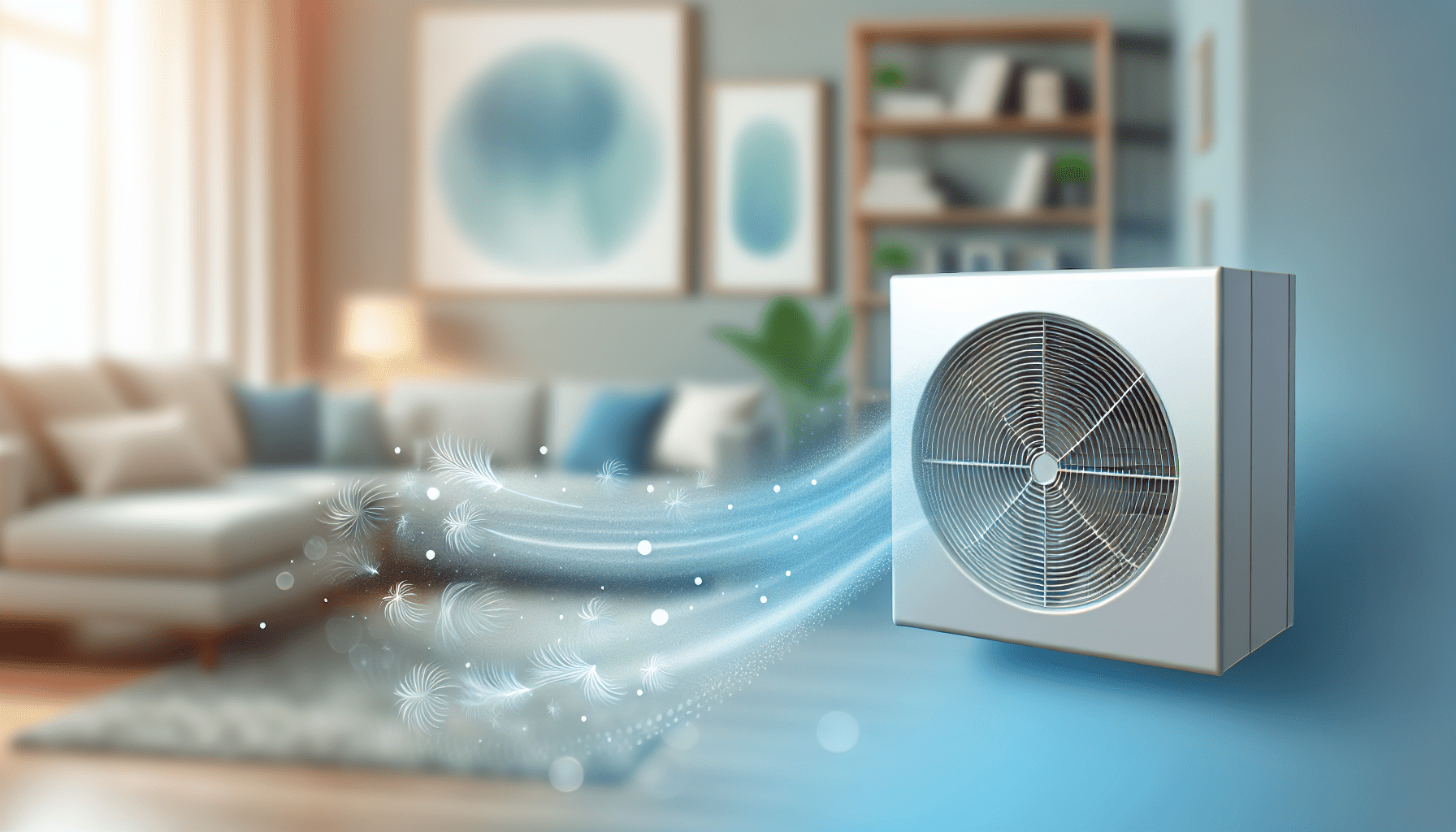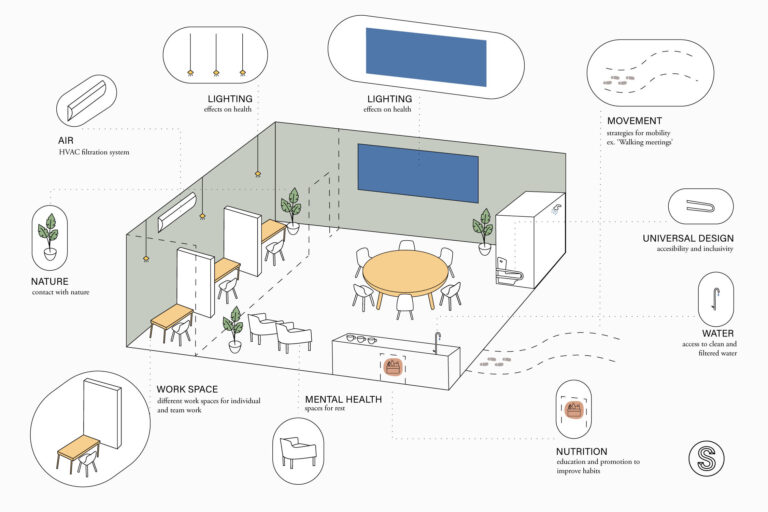

HVAC Services
Get Professional Repairs From The Area's Trusted HVAC Technicians. Ask About Our Services! We Offer Professional Heating & Cooling System Repairs And Guarantee Long-Lasting Results.
Got Question? Call us: (850) 678-2665Financing
Understanding The Role Of HVAC In Asthma And Allergies
Learn how HVAC systems can help manage asthma and allergies. Discover tips for optimizing your home's air quality for a healthier, more breathable environment.

Understanding the role of HVAC systems in managing asthma and allergies can significantly improve your quality of life. These systems are not just essential for comfort; they play a crucial role in maintaining indoor air quality, which can directly impact breathing conditions. Efficient HVAC systems help to filter out allergens, mold, and other pollutants, creating a healthier living environment. By learning how to optimize your HVAC setup, you can reduce asthma attacks and allergy symptoms, ensuring a cleaner, more breathable space for you and your loved ones. For expert guidance and support, Tempacure Heating and Air Conditioning in Niceville, FL, is your go-to resource.
Ever wake up with a scratchy throat or spend the evening sneezing uncontrollably and think, “What on Earth is happening?” If you’re an asthma or allergy sufferer, the answer might lie within the very air you breathe. The HVAC (Heating, Ventilation, and Air Conditioning) system in your home could be a double-edged sword in your battle against asthma and allergies. Let’s dive into how HVAC systems can affect your health and what you can do to ensure your indoor air quality supports a healthier, happier you.
Understanding the Basics: HVAC 101
First things first—what exactly is an HVAC system? Simply put, HVAC stands for Heating, Ventilation, and Air Conditioning. It’s a modern miracle that keeps us warm in the winter, cool in the summer, and generally comfortable all year round. The primary functions of an HVAC system are:
- Heating: To keep you toasty when the temperature drops.
- Ventilation: To circulate fresh air and remove stale, polluted air.
- Air Conditioning: To keep things cool and reduce humidity.
You may also hear the term “indoor air quality” (IAQ) thrown around. This refers to the quality of the air within and around buildings, particularly as it relates to the health and comfort of the occupants.
The HVAC and Health Connection
Asthma and Allergies: The Unwanted Duo
Asthma and allergies often go hand-in-hand, making life a bit of a challenge. Common allergens can include pollen, dust mites, pet dander, mold, and even certain chemicals. When you consider the amount of time we spend indoors, it becomes obvious that the air quality in our homes is incredibly important.
How HVAC Systems Impact Health
Your HVAC system is like a respiratory system for your home, and just like in our own bodies, it can be prone to “illness” if not properly maintained. Here’s how:
- Air Filters: Capture particles like dust, pollen, and pet dander. A dirty or inefficient filter can become a breeding ground for allergens.
- Ductwork: Can accumulate dust, pests, and mold over time if not regularly cleaned.
- Humidity Control: High humidity can promote mold growth, while low humidity can dry out your nasal passages, making you more susceptible to irritants.
HVAC’s Role in Allergy and Asthma Management
A well-maintained HVAC system can help mitigate these issues by improving ventilation, filtering out allergens, and maintaining optimal humidity levels. On the flip side, a poorly maintained system can exacerbate conditions, making your home a haven for allergens.

Common HVAC-Related Allergens and Irritants
Dust Mites
Dust mites are microscopic creatures that thrive in your home’s dust. They love warm, humid environments, making your HVAC system a favorite hangout spot.
Pollen
While most common in the spring and fall, pollen can find its way into your home all year round, especially if your HVAC system isn’t effectively filtering the air.
Mold and Mildew
These fungi thrive in moist environments and can spread rapidly if your home’s humidity levels are too high. Spores can easily circulate through your HVAC system.
Pet Dander
Even if you adore your furry friends, their dander (tiny flakes of skin) can become a major irritant. Regular HVAC maintenance can help manage pet allergens in your home.
Effective HVAC Strategies to Combat Asthma and Allergies
Regular Maintenance
Just like you see a doctor for check-ups, your HVAC system needs regular TLC. A professional should inspect and service your HVAC system at least once a year.
Efficient Use of Air Filters
Not all air filters are created equal. Consider upgrading to High-Efficiency Particulate Air (HEPA) filters that can capture smaller particles than standard filters.
| Filter Type | Efficiency | Best For |
|---|---|---|
| Standard | Low | General dust |
| HEPA | High | Allergens like pollen, pet dander, and dust mites |
Duct Cleaning
Ensure your ductwork is clean. Accumulated dust and debris can be circulated back into your living spaces if not properly maintained.
Humidity Control
Optimal indoor humidity levels should be between 30% and 50%. Use dehumidifiers or humidifiers as needed to keep moisture at bay.
Air Purifiers
Consider an air purifier to remove additional airborne pollutants. Some HVAC systems come with built-in purification systems.

DIY Tips for Improved Indoor Air Quality
Regularly Change Filters
Make it a habit to check and replace your HVAC filters every one to three months. This simple act can drastically improve your indoor air quality.
Clean Registers and Vents
Dust and vacuum around registers and vents to reduce dust buildup. Keeping these areas clean ensures better air circulation.
Utilize Exhaust Fans
Use kitchen and bathroom exhaust fans to reduce moisture that can lead to mold growth. Proper ventilation in these areas can make a significant difference.
Plant Power
Certain houseplants like aloe vera, spider plants, and snake plants can naturally purify the air. Just be mindful if you have plant allergies.
Reduce Indoor Pollutants
Avoid using harsh chemicals for cleaning. Opt for natural or organic cleaning products. Also, reduce indoor smoking and scented candles as they can release harmful particles into the air.
Tempacure Heating and Air Conditioning: Your Partner in HVAC Health
So, who can you trust to keep your home’s air quality in tip-top shape? Enter Tempacure Heating and Air Conditioning. Located at 325 Cedar Ave S, Suite B, Niceville, FL 32578, Tempacure offers a range of services tailored to help you breathe easier.
Why Tempacure?
Tempacure understands the unique demands of managing asthma and allergies through effective HVAC solutions. They offer:
- Comprehensive HVAC Audits: To assess your system’s efficiency and identify potential air quality issues.
- Regular Maintenance Plans: Ensuring your system runs smoothly throughout the year.
- Advanced Air Quality Solutions: Including air purifiers and humidity control systems customized to your needs.
With their expertise, you can transform your home into a sanctuary of clean, breathable air. Ready to take the next step? Give them a call at (850) 678-2665 or visit their website at tempacurehvac.com.
Conclusion: Breath Easier, Live Better
Understanding the role of your HVAC system in managing asthma and allergies can significantly improve your quality of life. By maintaining your system, using the right filters, and controlling humidity, you can turn your home into a true safe haven.
Remember, the air we breathe profoundly impacts our health. So, take a proactive approach, enlist the help of professionals like Tempacure Heating and Air Conditioning, and start breathing easier today.






